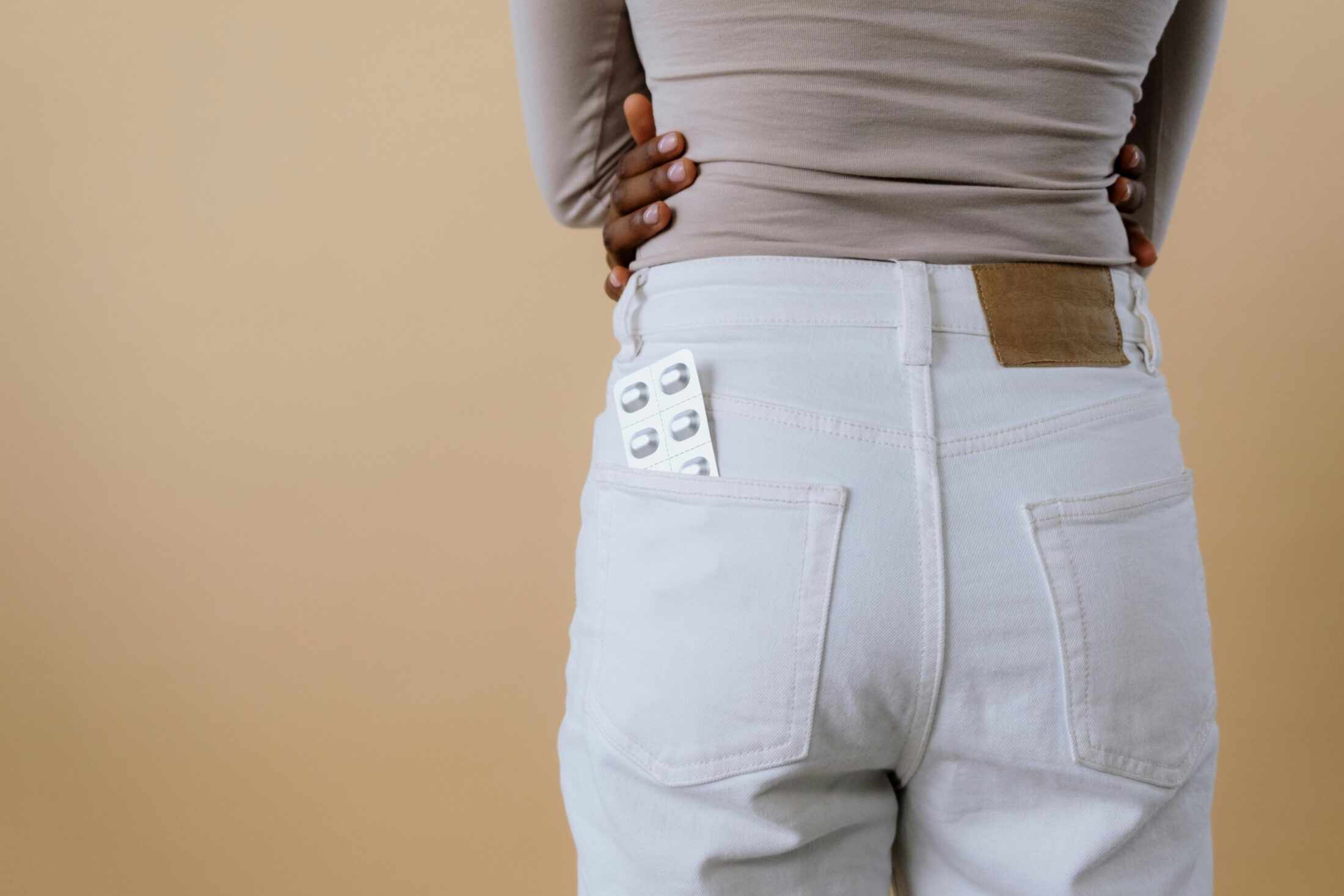If you’ve just given birth, you’re breastfeeding, or you’re going through perimenopause or menopause, your hormones will have shifted significantly.
All of these changes can leave your body and your mind, in a state of stress, which can have a big impact on your sex life.
Sex isn’t just physical, it’s psychological. For many people, the physical and hormonal changes experienced during certain phases of life (such as during pregnancy or perimenopause and menopause) can leave them feeling overwhelmed emotionally. And, we all know, when we aren’t feeling good about ourselves, the last thing we want to do is have sex.
In this sense, how hormones affect our sex life is complicated. Sure, hormonal changes have a physical impact on the body, but these shifts can also lead to complex emotional feelings. Figuring out how to help your hormones get back on track is just one part of the puzzle and it’s unlikely to be a total fix, particularly if your relationship needs some TLC. Great sex is about great communication. So, if you’re feeling stressed, uncomfortable or overwhelmed, talk to your partner about this – it can bring you closer together, which in turn can make your sex life more enjoyable!
The good news is, when it come to the physical symptoms you may experience due to hormonal shifts (such as vaginal dryness or pain during sex) there are lots of treatments available. This article is going to give you the run down of how your hormones and your sex life are connected, as well as giving you some tips and trick of things you can try, to make sure things stay comfortable and consensual.






